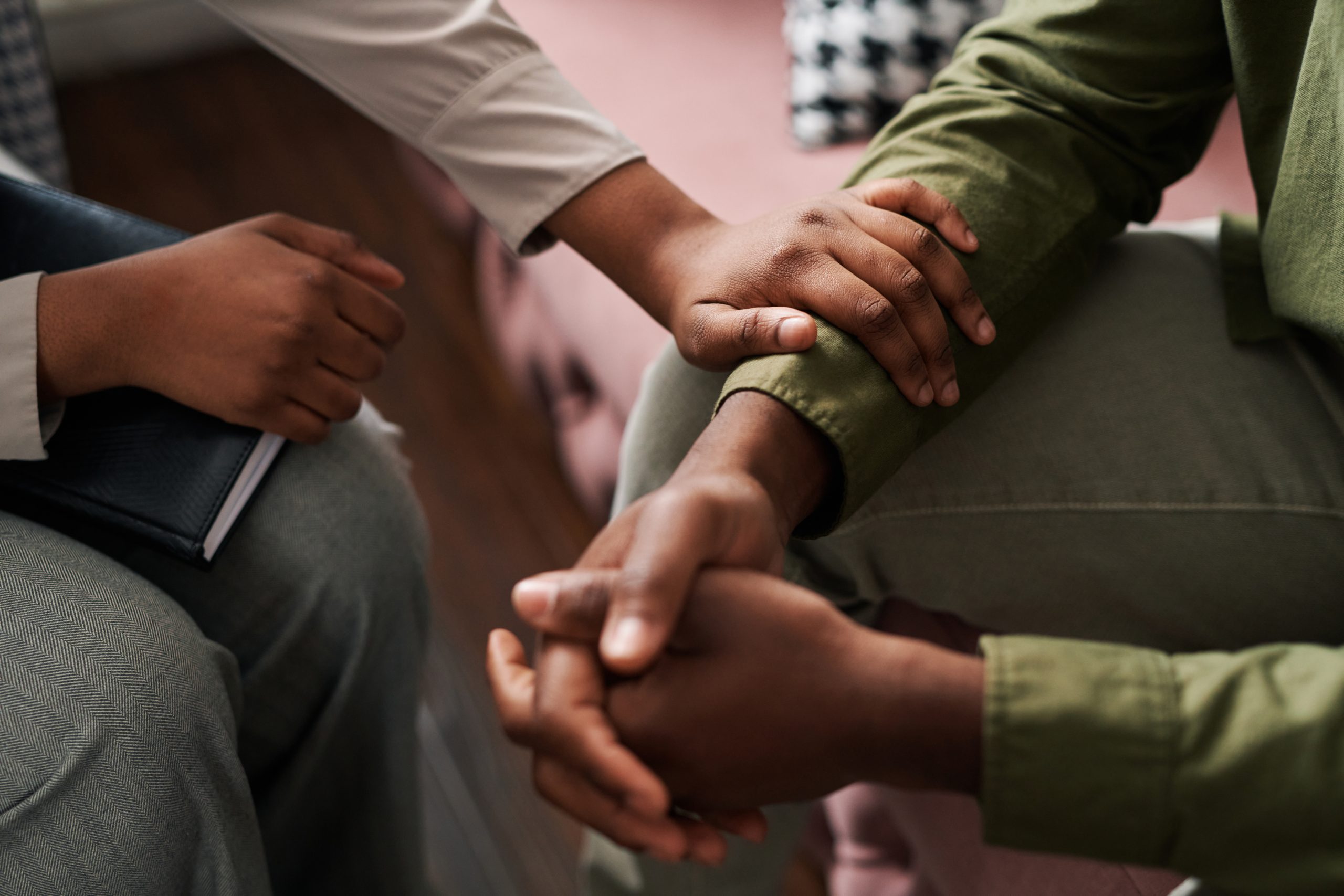
Is our mental health system failing Black communities and communities of colour?
blog | Words Jahaan Abdurahman | 10 Oct 2023
Content warning: Please note, the following blog includes descriptions of experiences of racism and references to death
In the summer of 2022, I found myself facing a situation that I never expected. In between meetings on a busy Tuesday morning, I received a call saying that I needed to leave work immediately, to attend to a loved one who was experiencing a mental health crisis. A few hours later, I arrived at his home and assessed the situation – was he safe, how did his mood seem, could he have a conversation with me? The answers to these questions were worrying.
The truth is, the problem had been getting worse for some time. And like many other people of colour, we’d approached the mental health system hoping to receive the support we needed. We’d spent hours seeing various doctors, explaining the symptoms we had noticed and the life circumstances that we thought were relevant. Each appointment involved a carefully orchestrated plan to be taken seriously – the proper clothes, formal and business-like, definitely no tracksuits or trainers; a list prepared ahead of time, including all the right words to say, not the words we used amongst ourselves to describe what was going on; my carefully constructed ‘phone’ voice, which was calm, official and firm but never too demanding. And each time, we were turned away without the help we so desperately needed.
Although disappointing, this wasn’t surprising to me. People from communities like mine are up to twice as likely to experience common mental health problems compared to those from White communities, but we’re also significantly less likely to receive mental health treatment. In fact, Black communities have a treatment rate of almost half that of White communities. The higher rates of common mental health issues might be, in part, due to our experiences of racism, which are linked to double the rate of PTSD symptoms and an increased likelihood of developing depression compared to our White peers. And despite these worrying statistics, studies have consistently recorded the negative implicit attitudes that are held by some clinicians towards people of colour and Black people, and that there is a direct link between these attitudes and clinician’s treatment decisions – showing that racism really does have a material cost to our health.
Having received no support whilst the issue was still easily treated, we were faced with seeking emergency help. What followed was a grave conversation about what could go wrong. Was my loved one destined to be like one of the many Black people who are four times more likely to be detained under the Mental Health Act? Was he going to be another one of the people of colour arrested twice as often under Section 136 or put on Community Treatment Orders eight times more often than white people? Or would his story end early and tragically, like the stories of Kevin Clarke, Darren Cumberbatch, Sean Rigg and the many other men of colour who died whilst experiencing mental health crises which were responded to by police?
What I was surprised by was how quickly my thoughts of getting the assistance we urgently needed turned to visions of police forcefully restraining my loved one. All of a sudden, I saw the situation before me through their eyes – would they mistake his anxious fidgeting as a threat? Would the fear in his voice be interpreted as aggression? The question I was left with was: would asking for help be the thing that made the situation a lot worse?
Ultimately, we decided not to seek emergency mental health support for him. The risk of irreversible harm being caused to him, or us, was too significant to ignore. What this experience confirmed for me, beyond all doubt, is that the effects of racial inequality saturate our mental health system, in the same way that they do in many other areas of the society we live in. When we are at our lowest, the support that we need is often not accessible to us. Where we should feel held and comforted, we frequently feel fearful and alone.
It’s events like this that have driven me to reflect on how our mental health system can better care for people that look like me. What would it take to build a system that understood and met the needs of Black communities and communities of colour? How do we create a system that every person of colour feels welcome in?
In late November, we’ll be hosting an event to explore these questions, as well as consider how to create community embedded and co-produced responses to mental health inequality. The session will be a space to get curious, meet others with a shared interest and learn from each other.
If you’d like to join us, register your interest here